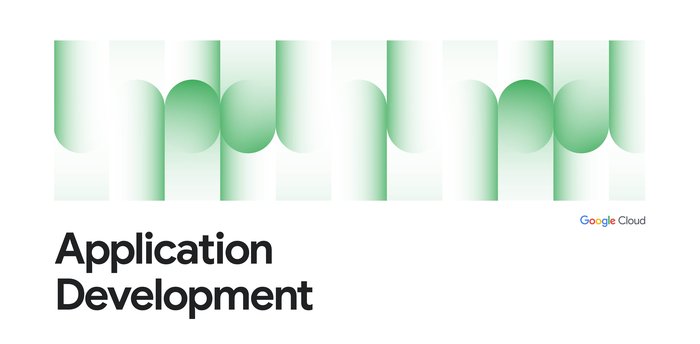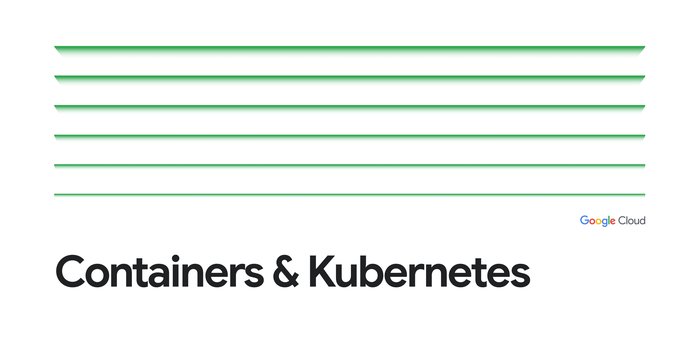Top 10 tremendous app dev sessions to attend at Next ‘19

The Google Cloud App Development Team
Whether you develop frontends or backends; on App Engine, Firebase or Kubernetes; for mobile, the web or an embedded device, there’s no lack of options for application development on Google Cloud Platform (GCP)—and we’ll be talking about all of them at Google Cloud Next 19. To help get you situated, we crowdsourced a list from our Google Cloud peers on top app dev sessions you can’t afford to miss. Here are our picks.
1. Google Cloud Platform 101
Maybe you need an introduction, maybe you just need a refresher. Whatever your reason, check out this session to figure out exactly what all of GCP’s tools are, and get guidance on how best to solve your application development problems.
2. Super-Charge Your GKE Developer Workflow in Visual Studio Code and IntelliJ
Kubernetes is portable, extensible, and powerful, but getting started, configuration management, deployments and debugging can be painful. In this session, we'll explore Visual Studio Code and IntelliJ IDE extensions to simplify these Kubernetes workflows.
3. Large-Scale Multiplayer Gaming on Kubernetes
Building the next fast-paced, online, multiplayer game? You’re going to want to use Kubernetes for that, which, when combined with open-source projects like Open Match and Agones, can make the hard work of building a matchmaking platform and coordinating game server orchestration that much easier. Game on!
4. Build Mobile Apps with Flutter and Google Maps
Just like the real-estate business, mobile app development is all about location, location, location. Come to this session and learn how to build a location-aware mobile app using a powerful combination of Flutter, Firestore and Google Maps Platform.
5. Dead Easy Kubernetes Workflows With VS Code
If you’ve ever worked with a Kuberetes application, you know that there are multiple configuration files to edit, a lot of moving parts to deploy, and that debugging is a pain. Luckily, there is a new Visual Studio Code extension to simplify the Kubernetes development workflow—come check it out.
6. The “Why” and the “How” of Testing Games in the Cloud
True statement: testing games is a difficult, imperfect, manual process. In Google’s Firebase Test Lab, we’ve been working ways to perform more sophisticated automated games testing, so you can find problems in your game—before your users do.
7. What's New in Firebase for Development Teams
Firebase is a popular application development platform on GCP, and recent changes to the Firebase back-end as a service tooling makes it an even better fit for building large-scale applications. Come to this session to learn more about testing, continuous integration, global roll-out and more.
8. Building Secure Mobile Apps With Firebase
Speaking of Firebase, it’s important to understand potential attack vectors that arise using Firebase's direct-from-mobile access, and how to thwart them. We'll introduce you to the tools Firebase and Google Cloud provide to help you build secure apps, and also tell you about all the things we automatically do for you.
9. Serverless Payment Processing with Firebase
Collecting payments on your mobile application is within easy reach, thanks to Firebase and GCP. In this talk, we'll walk you through how to manage payments in your app using the Stripe API and Cloud Functions for Firebase, and discuss common solutions for payment management, including how to handle refunds and ensure security.\
10. How Retailers Prepare for Black Friday on Google Cloud Platform
Major industry events, like Black Friday, can test every facet of a system. In this session, we’ll discuss how cloud-based retailers successfully navigate the holiday peak season—including monitoring tactics, infrastructure designs, and application architectures—to help you prepare for your next peak event!
To learn more about these sessions and others, and to register, visit the Next ‘19 website. Until then, happy coding!



